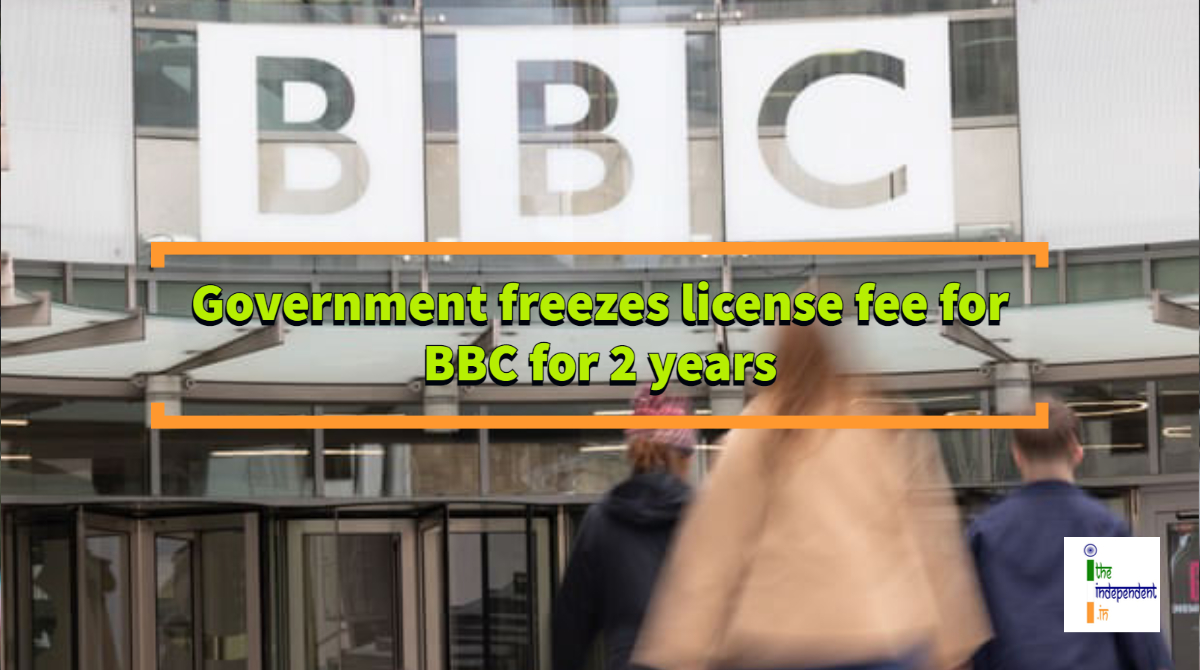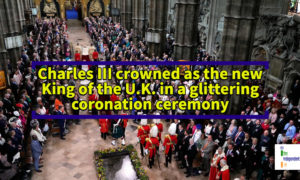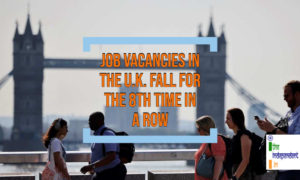
BBC will have to cut down heavily on its programme budget after the Government’s announcement
The Government of United Kingdom (U.K.) has announced a 2-year freeze on the fee that viewers pay to watch the British Broadcasting Corporation (BBC) News, with the license fee getting completely abolished in 2027.
This means that BBC will have to cut down heavily on its programme budget. The Culture Secretary – Nadine Dorries, will soon confirm that the cost of an annual licence required to watch live television and access iPlayer services, will remain at £ 159 until 2024 before rising slightly for the following 3 years.
She also said this would be the end of the current licence fee funding model for the BBC. This raises doubts about the long-term financial future and editorial independence of BBC under a Conservative Government.
Taking it to twitter, she tweeted,
This licence fee announcement will be the last. The days of the elderly being threatened with prison sentences and bailiffs knocking on doors, are over.
— Nadine Dorries (@NadineDorries) January 16, 2022
Time now to discuss and debate new ways of funding, supporting and selling great British content. https://t.co/sXtK25q27H
The BBC will now have to discuss with Government a completely new funding model when the final licence fee funding deal expires in 2027. They may work out a subscription service, part-privatisation, or direct Government funding.
The Government also praised the growth of United States (U.S.) run private sector companies such as Netflix and YouTube. Although the BBC will continue to receive £ 3.2 billion a year as licence fee, the costs of making its programmes are rising due to rising inflation and competition from the likes of Netflix.
However, if BBC had been allowed to increase the licence fee in line with current inflation of 5.1%, the annual cost would have risen to £ 167 in April 2022.
The audience can now expect to see less high-end drama and sports coverage and pad schedules with cheaper programmes. BBC may also close some channels or services altogether. If not satisfied with the services, the audience may give-up viewing BBC.
The BBC’s existence and ability to raise money is underpinned by a royal charter that expires at the end of 2027. Meanwhile, BBC has already been preparing for the end of the licence fee, with proposals including a universal levy on broadband subscriptions or funding the broadcaster with a grant from general taxation.
Making the BBC a paid-for subscription service similar to Netflix would be difficult due to the widespread popularity of broadcast radio and Freeview television services.
Besides, the Government has repeatedly criticized the BBC’s news output, claiming it is biased against the Government and linking negative coverage of the Prime Minister of U.K. – Boris Johnson to the licence fee negotiations.







